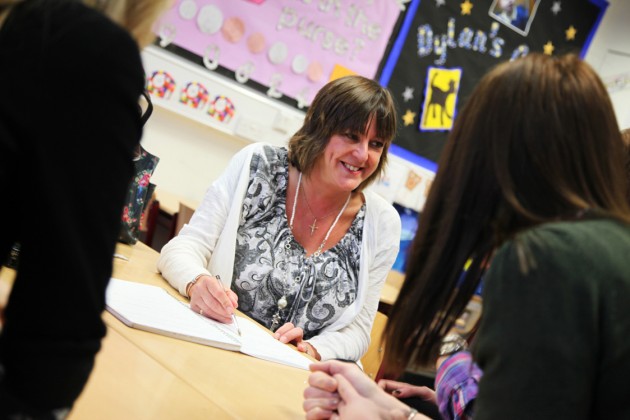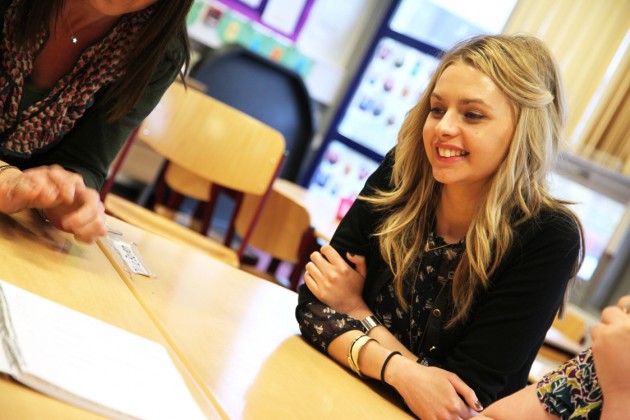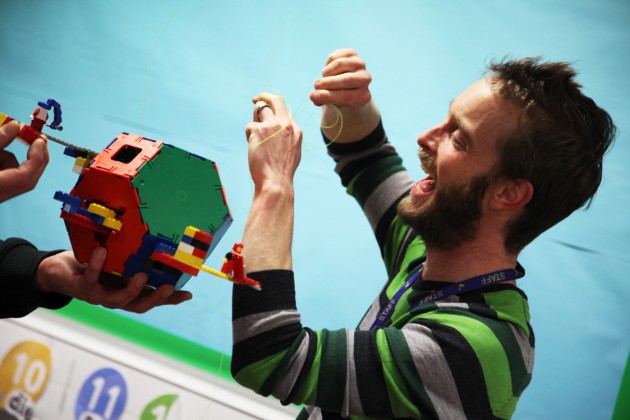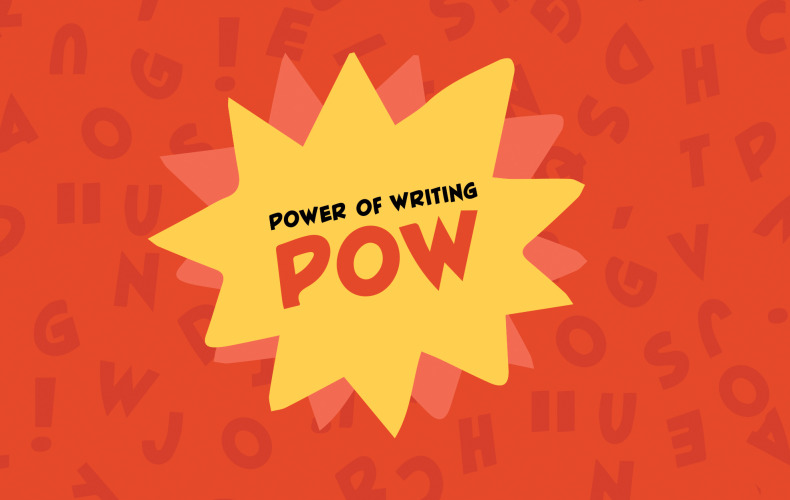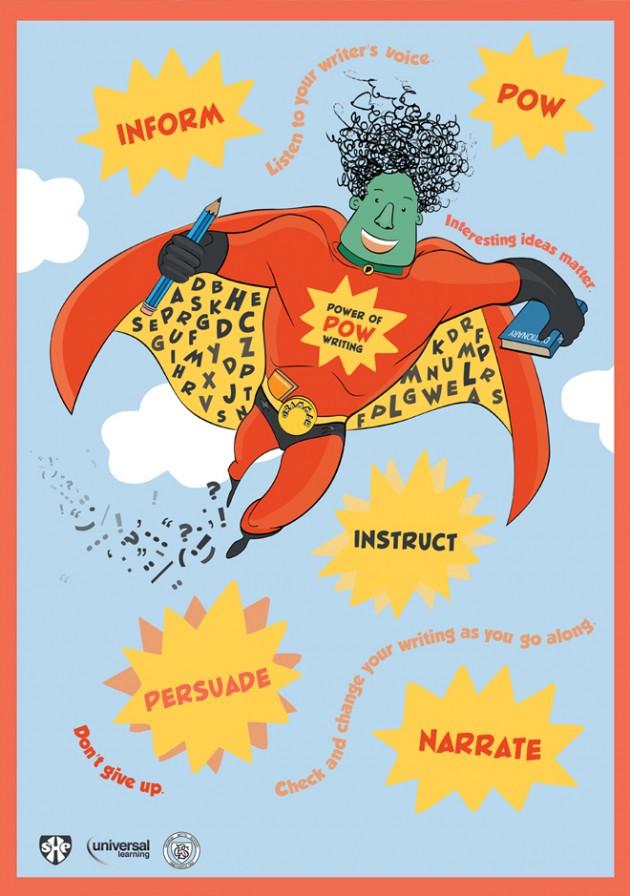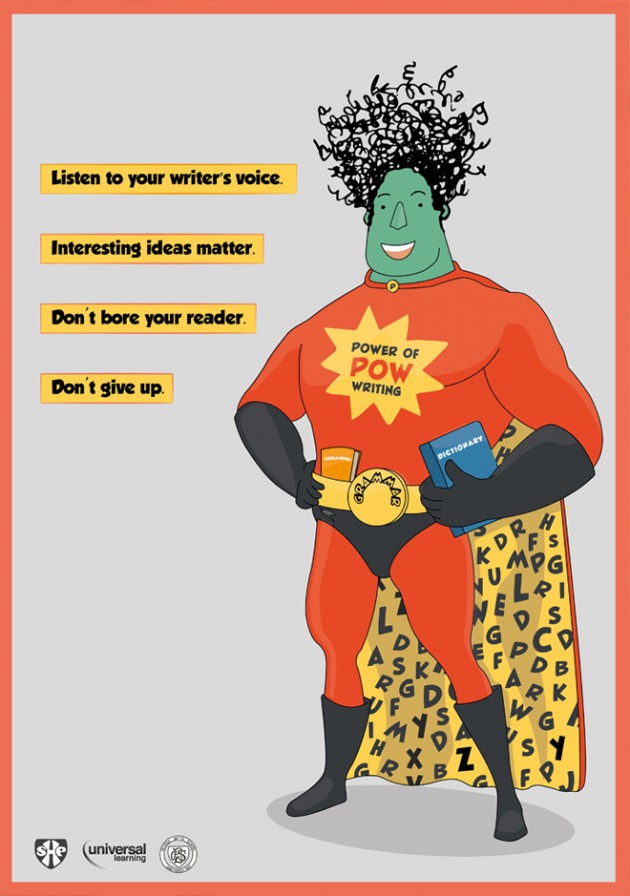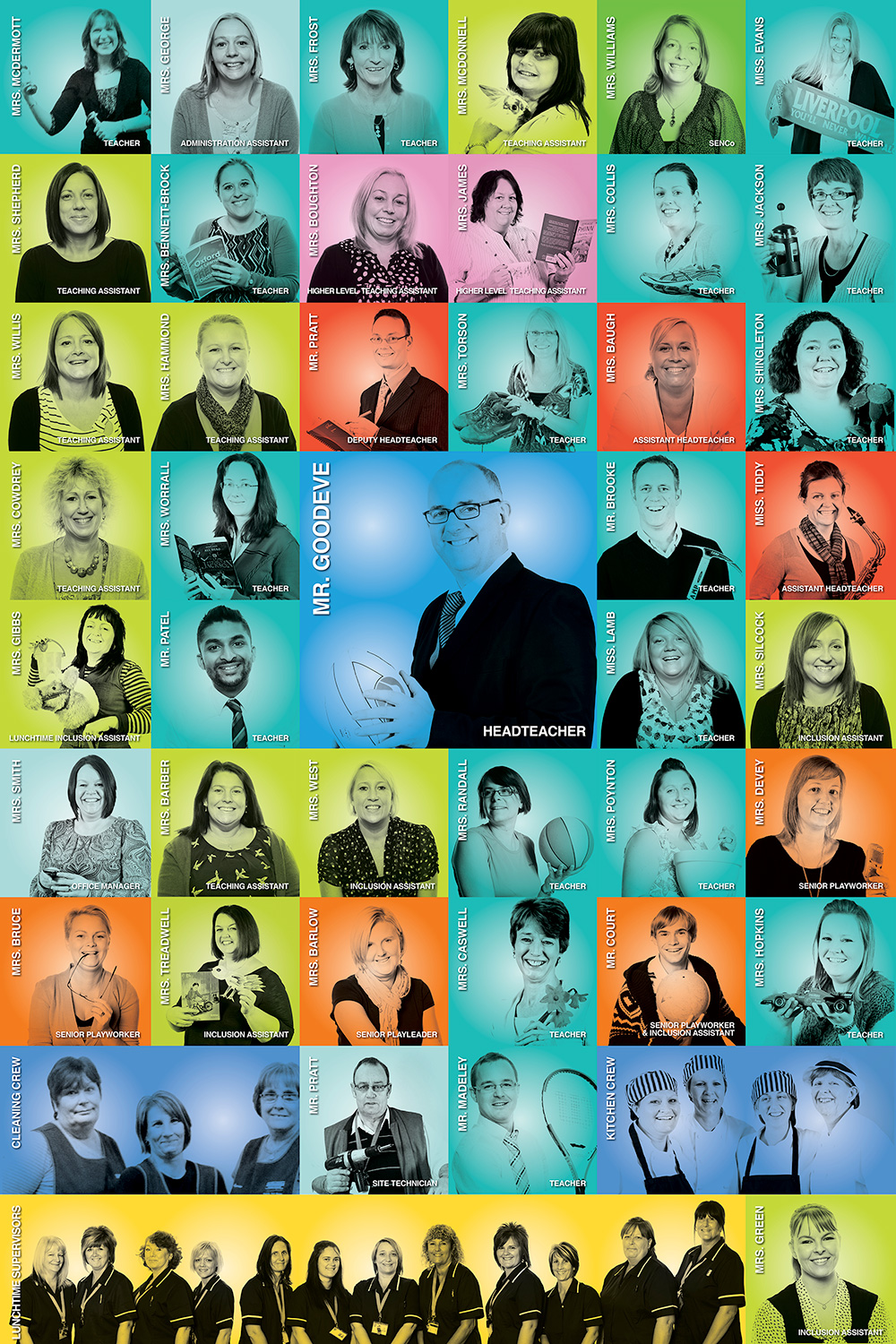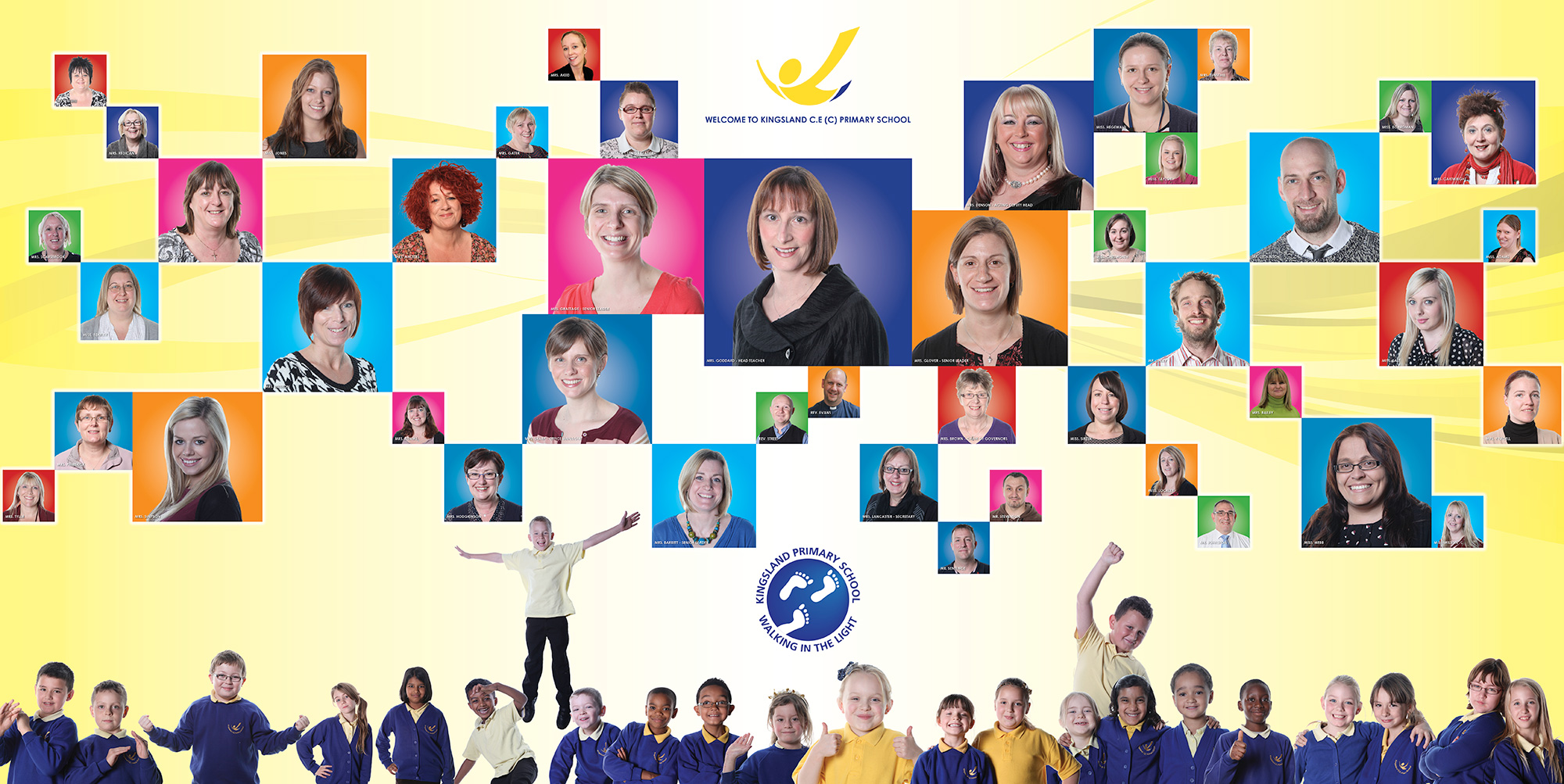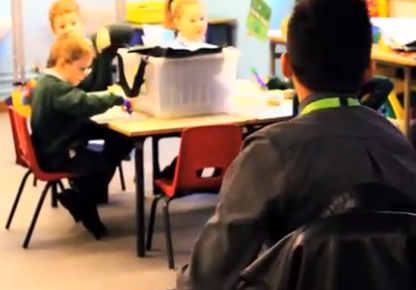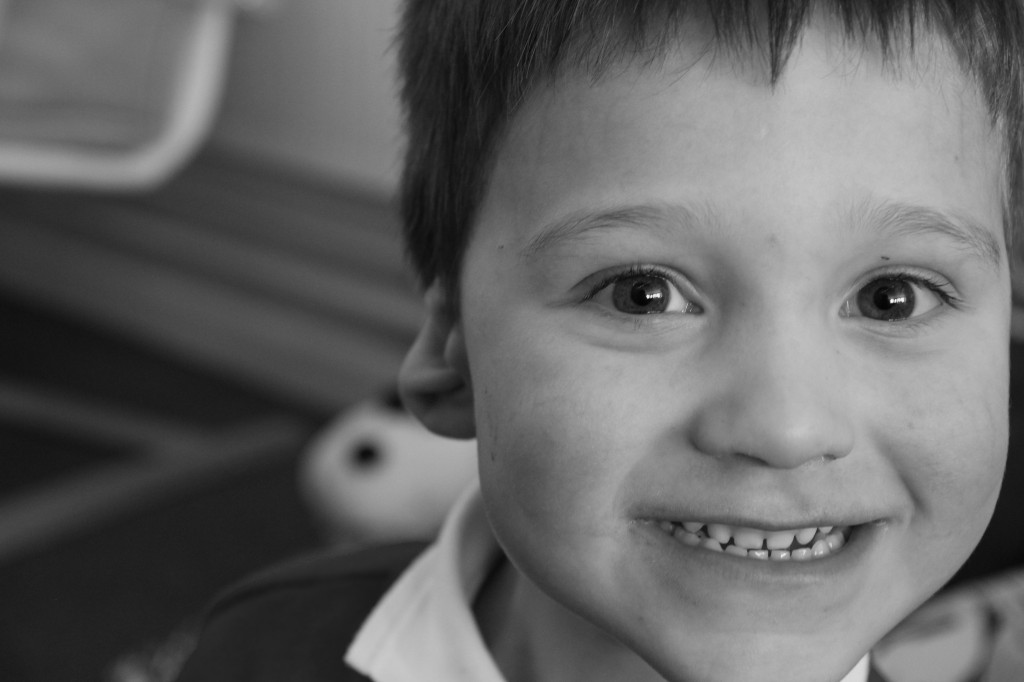
‘Class Clown, Disruptive, Able, Slow, Difficult, Problematic, Genius…….?
In this health conscious world of ours we are encouraged to read the labels on food and discover precisely what we are putting into our bodies, check we are not ingesting a harmful chemical cocktail; count the carbs, fat, sugar etc. In reality, most of us take no notice, the chances are, if we are buying processed food, we are going to eat it regardless and console ourselves with thoughts of ‘ a little bit of what you fancy’ or ‘everything in moderation’. Adults are skilled at taking no notice of product labels (think about smokers lighting up after they have just been informed by every pack ‘these will kill you’). So I’m asking why can’t we apply this to kids in school? Is it possible, what would happen if we didn’t attach labels to them and accepted kids are a work in progress? Imagine a world where they are allowed to learn and grow ‘label free’?
We all readily use adjectives to describe children in school every day and it’s amazing how quickly these ‘labels’ become ‘sticky’ and invisibly attach themselves to a child. Almost instantly the kid feels obliged on a conscious or sub conscious level to perform that role and it becomes acceptable for them and their peer group to accept and use this frame of reference. These labels can shape the way children feel about themselves and colour their perception of the world and stay with them throughout their education and beyond. I have heard so many friends say things like, ‘ I was no good at English, Art, etc or ‘I was the class clown so I didn’t learn much’ ‘ and usually this perception (which is always untrue) can be traced to a comment from a significant adult that carried a ‘sticky label’.
‘Gifted, shy, clever, slow, challenging, difficult, hopeless, trouble, polite, bright, motivated, disinterested’: these are all words I have heard used by well meaning adults sharing a few helpful tips about behaviour management. Of course, these words may have, in one moment of time, been an accurate and appropriate description of an act, but the moment that act occurred in passes and the description should be temporary too. Through experiences shouldn’t we be encouraging and inspiring children to change grow and develop to their fullest potential? If so, maybe its time to become more aware of the inhibiting, restrictive nature of labels and their impact upon learning and mindful enough to ignore them!
We are working with a production company on a television programme that will be recorded in the summer and broadcast on Channel 4 through the Autumn term that explores this issue in the context of working with children at risk of permanent exclusion from mainstream education. The programme will feature an educational ‘summer camp’ to explore how children and their families can work together to make the most of every opportunity to learn and remain in mainstream education………More on this later.
